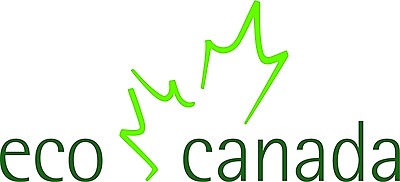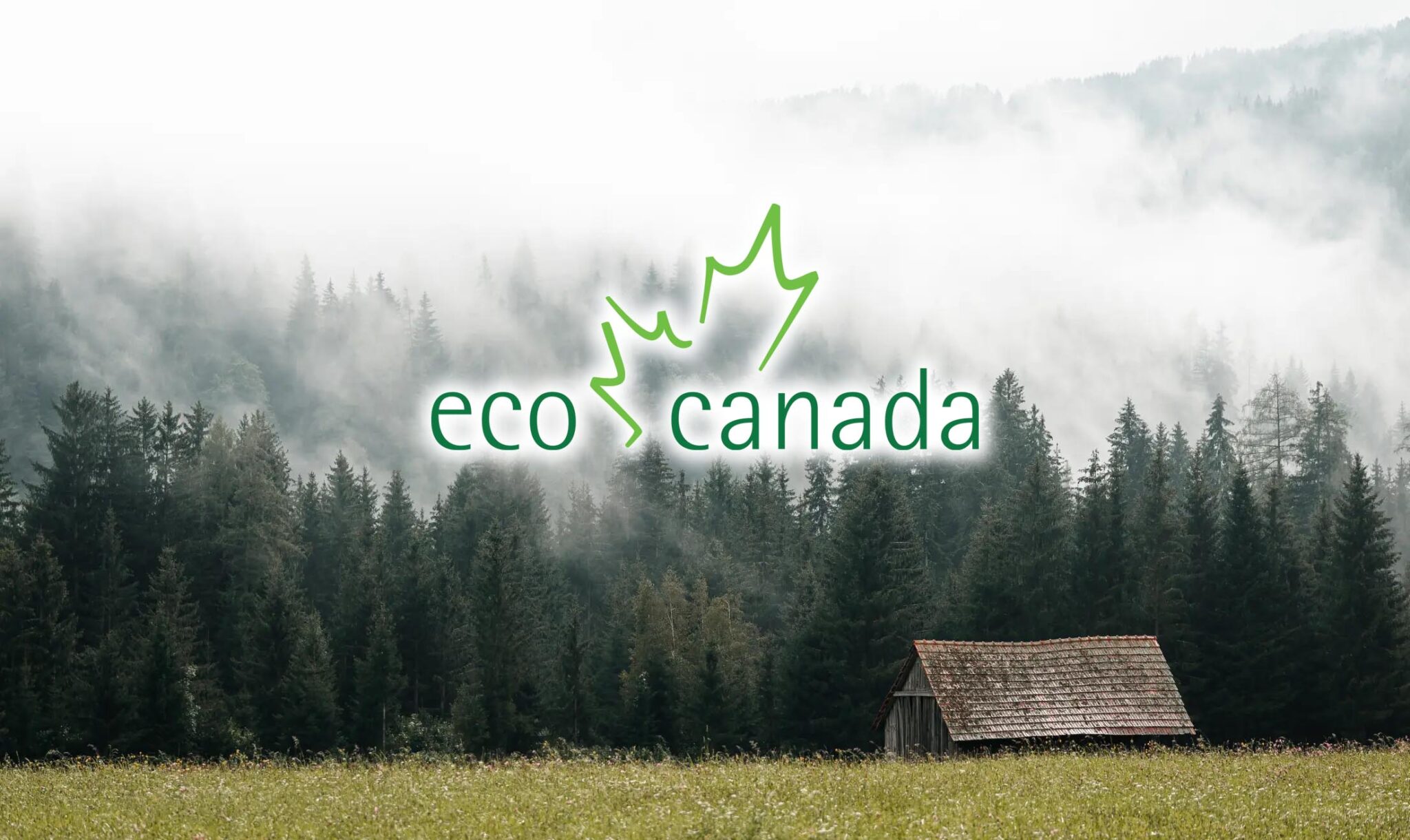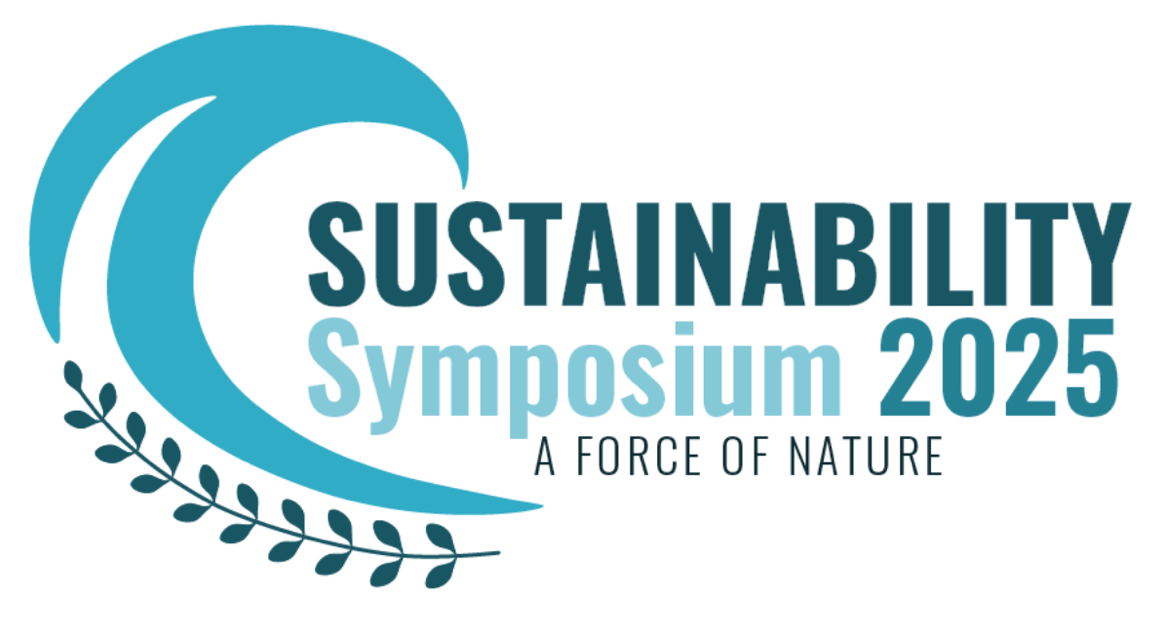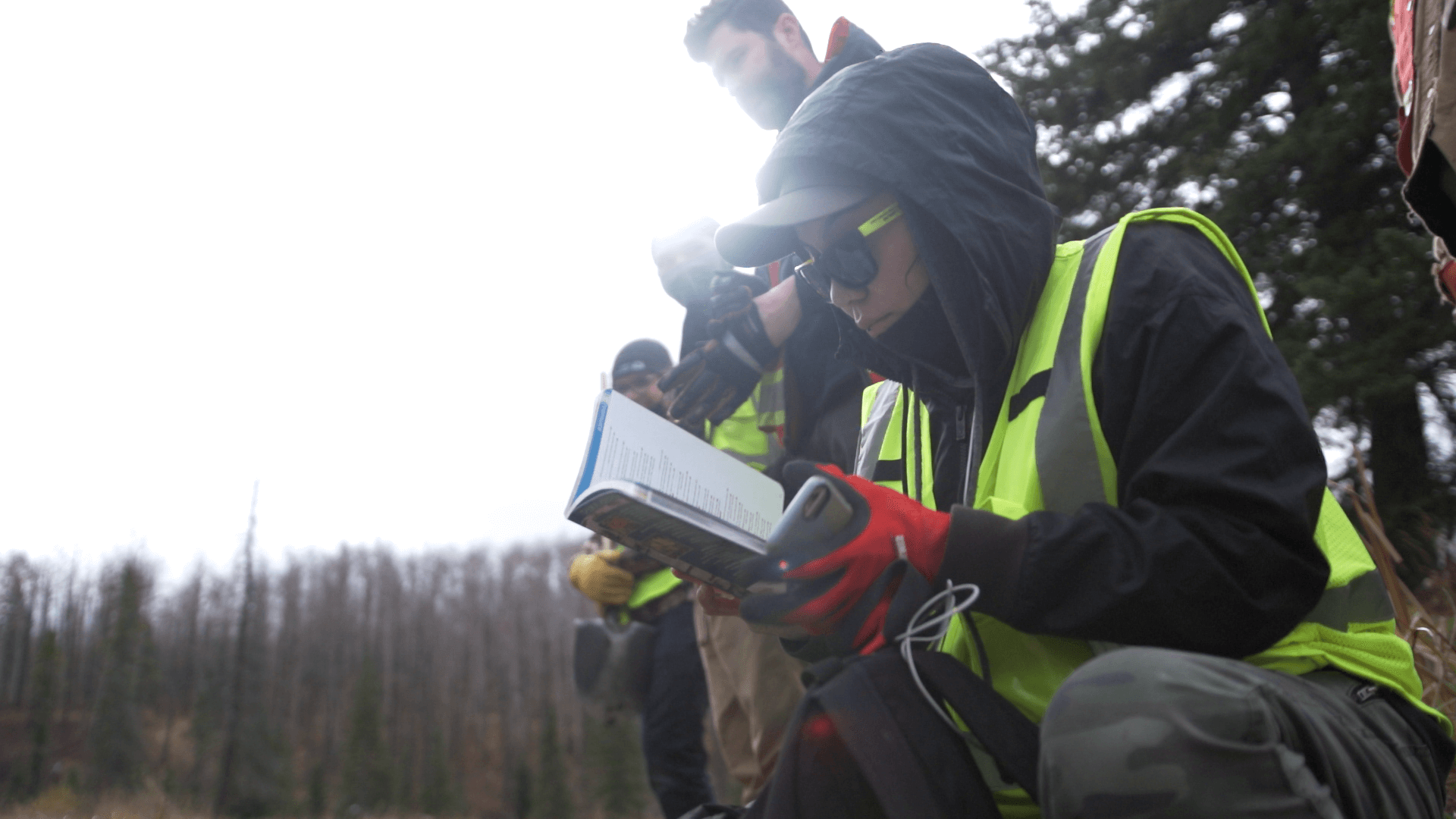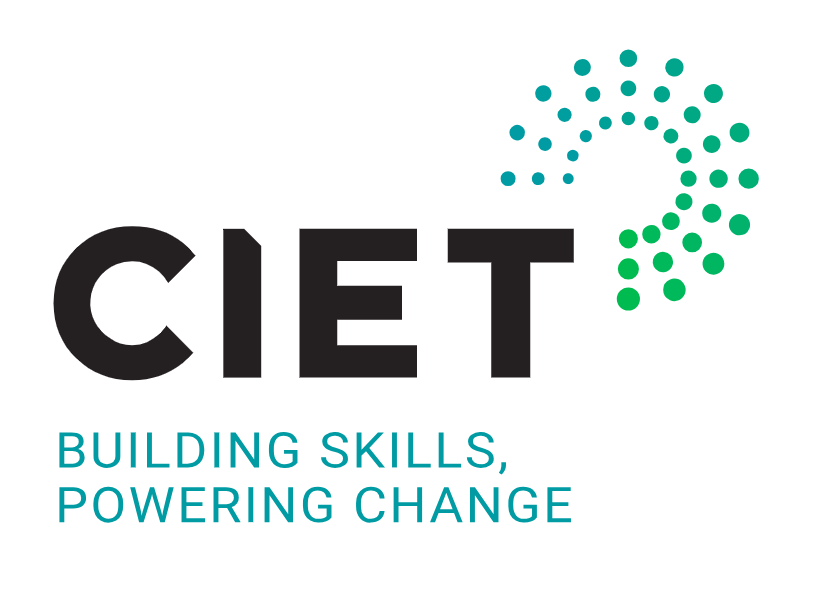Indigenous Awareness 101
An introduction to the histories, cultures and issues facing Indigenous Peoples in Canada. With over 1.6 million people in Canada identifying as Indigenous, it is essential to recognize the heritage, diversity, and rights of Indigenous Nations. The histories, traditions, and beliefs of Indigenous communities are unique and all cultures are integral to Canada. Many employers consider Indigenous Awareness as essential knowledge for job seekers and professionals. Brad Spence from ECO Canada presents “Indigenous Awareness 101” which explores issues facing Indigenous peoples today from historical and critical perspectives. This webinar is designed for people who want to learn more about Indigenous peoples and support the reconciliation efforts in Canada. Learn more about the issues facing Indigenous peoples today from historical and critical perspectives. Register now to access the free webinar video.

